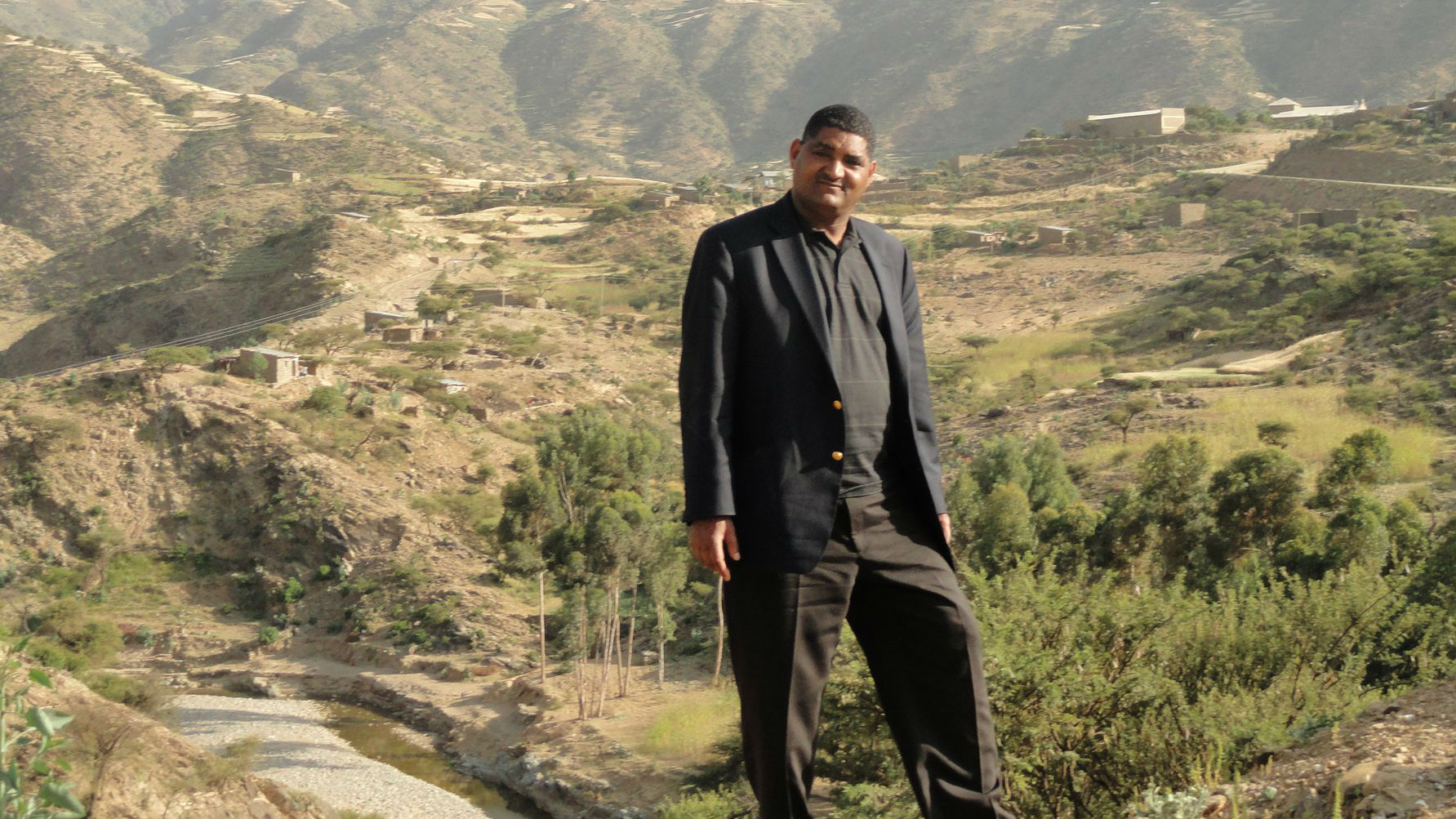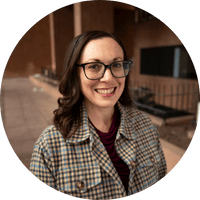

If you ever meet Kahsay Abraha behind the pharmacy counter of a Denver King Soopers, it might surprise you to learn he was once an Ethiopian freedom fighter. Abraha fought for the Ethiopian People's Revolutionary Army, or the EPRA. This was an armed faction that fought against Ethiopia's militant dictatorship in the 1970s and 80s.
He documents when he joined, stories of his fallen comrades and how he came to Colorado in his book, "Love of Assimba." Its English translation is expected to be out later this year.
Abraha spoke with Colorado Matters host Nathan Heffel.
Related: CPR's "Colorado to Ethiopia" series
Read an excerpt from "Love of Assimba":
Chapter 1 Every human life, as it were, has its twists, turns, and path-breaking curves. Some of these turns can be hazardous. Some of them are beneficent, that put life on a wholesome path. Yet, there are others the direction which they lead to is utterly unknown, that are wearisome and cause much drudgery. My turning points are the lives of my farming parents, Assimba, Yimer Negussie, and Dillay. It is indisputable that, by providing me the nourishment of my childhood upbringing and the taste of education, it was [my parents] that set me off on the first path. It was the Assimba turn that exposed me to maturity, fear, courage, life, and death at a youthful age. Yimer Negussie is a good man that rescued me from the fangs of death, whose life I spared when I could have killed him, with whom we traded lives. Dillay is my youthful love. She is the gift of life in the wilderness and the agony of struggle, who awakened me to the value of life and the danger of death, all wrapped in a blanket of love. She is one whom I can never let out of my life. Should the question arise as to why these four mark the turning points of my life, the answer is the story that follows. I was born in the Agame Zone of the Tigray Region, in a place called Tirqe in the Zalla Anbessa district. Even though the town of Zalla Anbessa was two kilometers away from our village we shared the same river. My father’s name is Mr. Abraha Bisrat and my mother’s Mrs. Wellela Redda. While I was the first male child born to my family, there were three boys and three girls younger than me. My father’s father who was head of his parish gave children religious lessons. It was along with his other students that I studied my ha, hu… (ABCs) under him, before I started getting modern education, Even though my grandfather would have liked me to continue my religious education he found it hard to prevent me attending the modern elementary school that had opened in Zalla Anbessa. It was thus decided that I would attend my modern education during the day and continue my religious education in the evening. It was by helping my father that spent spare time on Saturdays and Sundays as well as during holidays and the rainy season. I was expected to make my contribution by herding cattle and participating in work on the farm as much as I could. I grew up listening to the talk of war throughout my childhood. The war politics that preoccupied my family, my friends, and the entire community had also taken root in my psyche. The parents and grandparents of most residents of Zalla Anbessa and its surrounding area were born, raised, and grew old under war. It was because there were so many memorable anecdotes of war, with an admixture of good and bad, full of heroism and fear, that the people of Zalla Anbessa never tired of or ceased conversing about war. Even today, the people of Zalla Anbessa are poor people that live under the shadow of war. This war related story of their lives, which started over one hundred years ago and has not let of them even now, is a part of their day-to- day existence. As Zalla Anbessa is situated in a key location along the border shared by Tigray and Eritrea, it is a village for whose residents the nature of war is something known from practical experience. It was a time when not only local but also international news about war had become topics of discussion. It was something that had found room not just in adult minds but in children’s minds as well. When I was in fourth grade, for example, since the Arab-Israeli war was being widely discussed, finding out the reason why was like a challenging homework to my youthful mind. The fact that Zalla Anbessa was on the Eritrean border had also made it a suitable place from where to gauge the Eritrean political temperature. News and events related to the Eritrean rebels were close to us. Excerpted from Love of Assimba by Kahsay Abraha. Copyright © 2016 Kahsay Abraha. |









